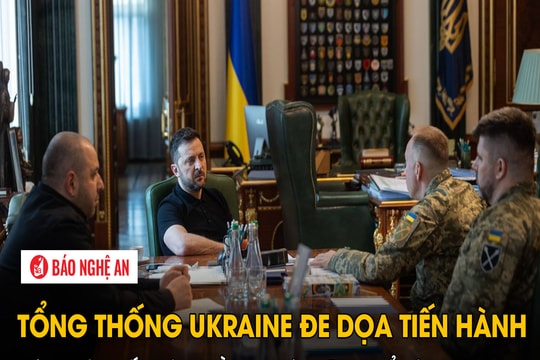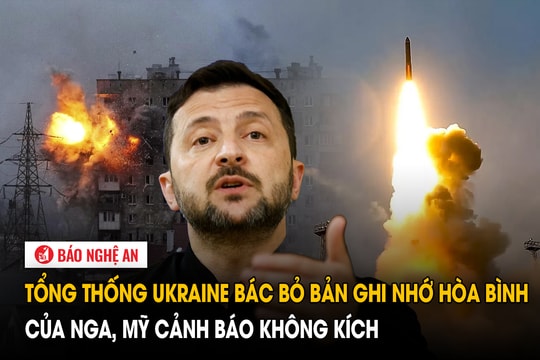Ukraine and EU oppose Russia's re-entry into the group of world's leading economies
Leading European powers have rejected US President Donald Trump's proposal to let Russia rejoin the G7 because "the reasons for excluding Russia from the group in 2014 are still valid".
Leading European powers have rejected US President Donald Trump's proposal to let Russia rejoin the G7 because "the reasons for excluding Russia from the group in 2014 are still valid".
 |
| French police have stepped up security at the resort of Biarritz, France, where the G7 summit will take place. |
The move comes after US President Donald Trump said it would be “appropriate” for Russia to rejoin the G7 group of leading economies because of issues related to Moscow. The proposal was made in the context of the G7 meeting in France on August 24.
However, Germany, France and Britain - all G7 members - quickly rejected President Trump's comments, recalling that Russia was expelled from the group after annexing Crimea from Ukraine and then supporting an anti-Kiev uprising in the Donbas industrial region in eastern Ukraine, according to Reuters on August 23.
Ukrainian President Volodymyr Zelenskiy also voiced support for the EU leaders’ position, saying that nothing had changed regarding Crimea and Donbas since March 2014, when Russia was expelled from the group.
Sharing the same view, an EU official said allowing Russia back into the group without conditions would be “counterproductive and a sign of weakness”.
“The EU maintains that the reasons for Russia’s exclusion from the group in 2014 are as valid today as they were five years ago. Therefore, the EU will oppose the idea of restoring Russia’s membership,” the official stressed.
New British Prime Minister Boris Johnson also cited the poisoning of former Russian double agent Sergei Skripal in the UK last year as a reason for not wanting Moscow to join the G7. Britain and the EU have both blamed Russia, but the Kremlin has denied any involvement.

.jpg)





.jpg)
